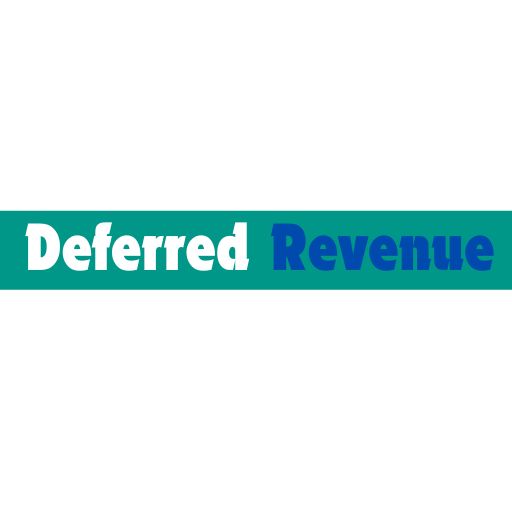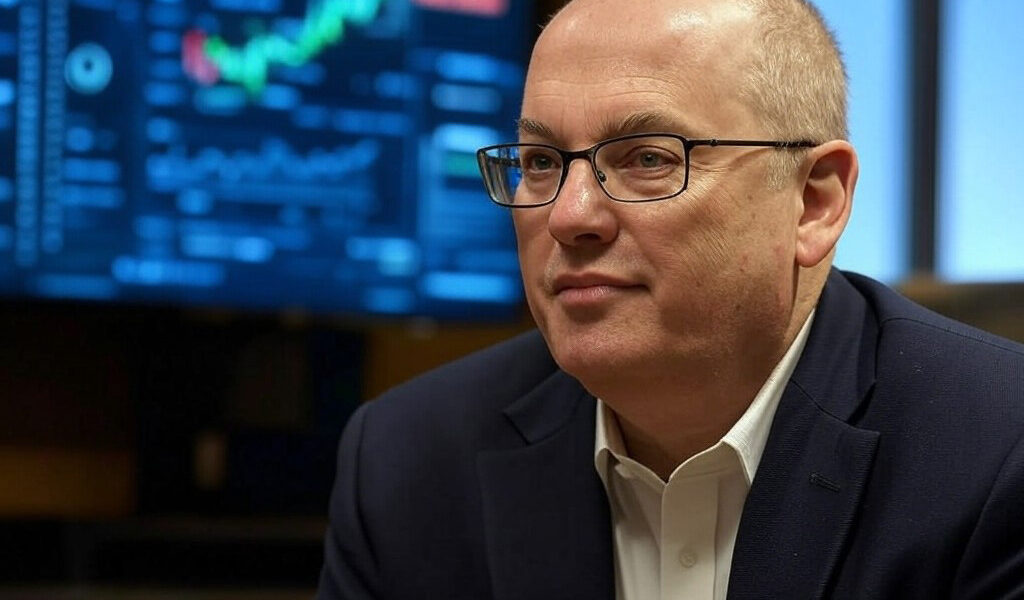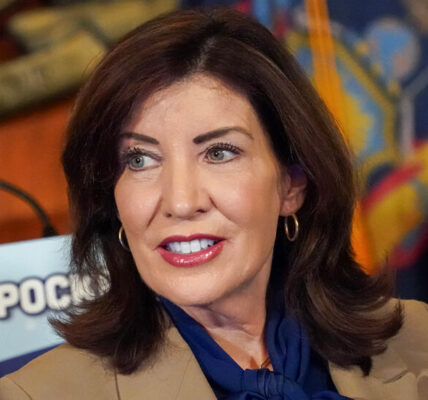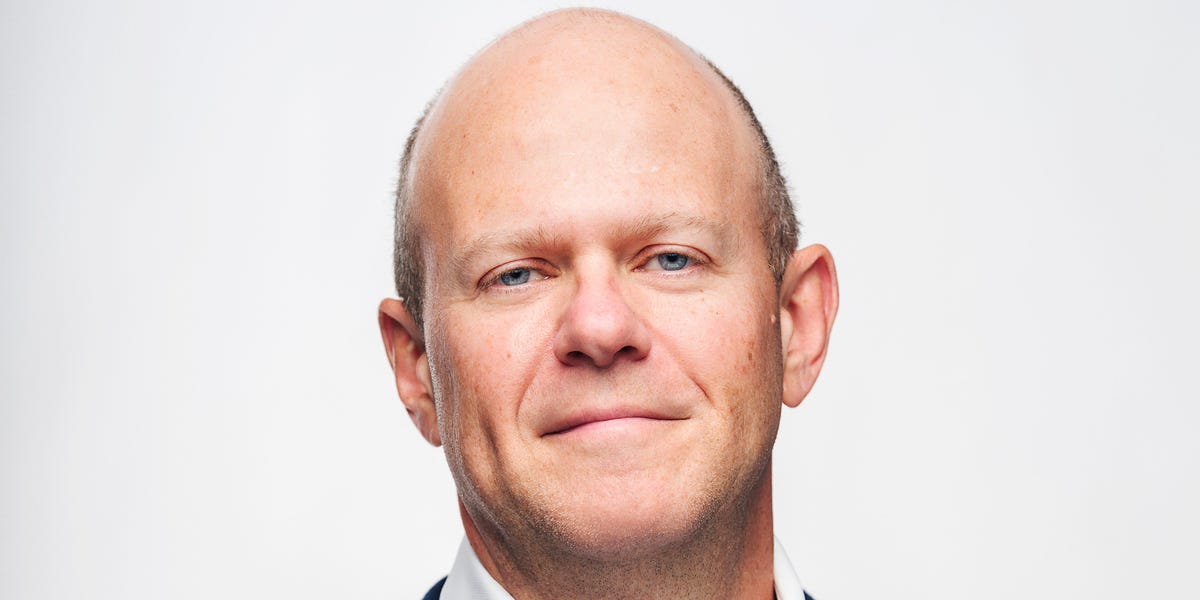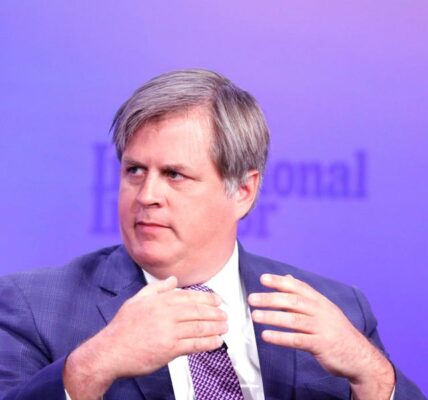Steve Cohen‘s Point72 Asset Management, a leading hedge fund, is set to return a significant sum of $3 to $5 billion to its investors, following a highly successful year in 2024, where it achieved approximately 19% in returns, as reported by the Wall Street Journal. This move to redistribute profits is scheduled for early 2025, reflecting a strategic decision to manage the fund’s size and operational efficiency in the volatile landscape of financial markets.
Interestingly, alongside this profit return, Point72 plans to shift some of the financial burden to its clients by no longer covering certain costs previously managed by Cohen himself. This adjustment is expected to increase investor expenses marginally, by a few tenths of a percentage point of their assets. The rationale behind this decision is rooted in the common practice among hedge fund managers to control fund size, which can become unwieldy as assets under management grow too large. Managing a fund with excessive capital can hinder agility in volatile markets or when dealing with specific asset classes where liquidity and market impact are concerns.
This action by Cohen — who, notably, is also the owner of the New York Mets — underscores a broader trend within the hedge fund industry, particularly among the giants managing trillions. Funds like Point72, Millennium Management, and Citadel often find themselves with more capital than they can effectively deploy, leading to strategies like capping new investments or returning capital to investors. This contrasts sharply with the plight of smaller funds, which struggle to attract sufficient capital, highlighting a stark divide in the $4 trillion industry where scale can dictate success.
The decision to return capital also reflects an acknowledgment of the challenges large funds face in maintaining high performance as they grow. It’s a balancing act between leveraging the benefits of size for market influence and ensuring that the fund remains nimble enough to adapt to market changes. For investors, while this might mean a slight increase in direct costs, the return of profits is a tangible reminder of the fund’s performance and its commitment to shareholder value.
Moreover, this move by Point72 could influence investor perception and fund allocation decisions industry-wide, possibly prompting a reevaluation of where and how institutional and high-net-worth investors place their capital. For Point72, this strategic maneuver might also be seen as an opportunity to reset the fund’s focus, perhaps exploring new strategies or deepening their investment in areas like artificial intelligence or sustainable technologies, fields where Cohen has shown interest in recent years.
Ultimately, the action taken by Point72 illustrates the complexities of managing mega-funds in today’s financial ecosystem, where size, while a sign of success, requires careful management to sustain performance and investor trust.
WallStreetPit does not provide investment advice. All rights reserved.
